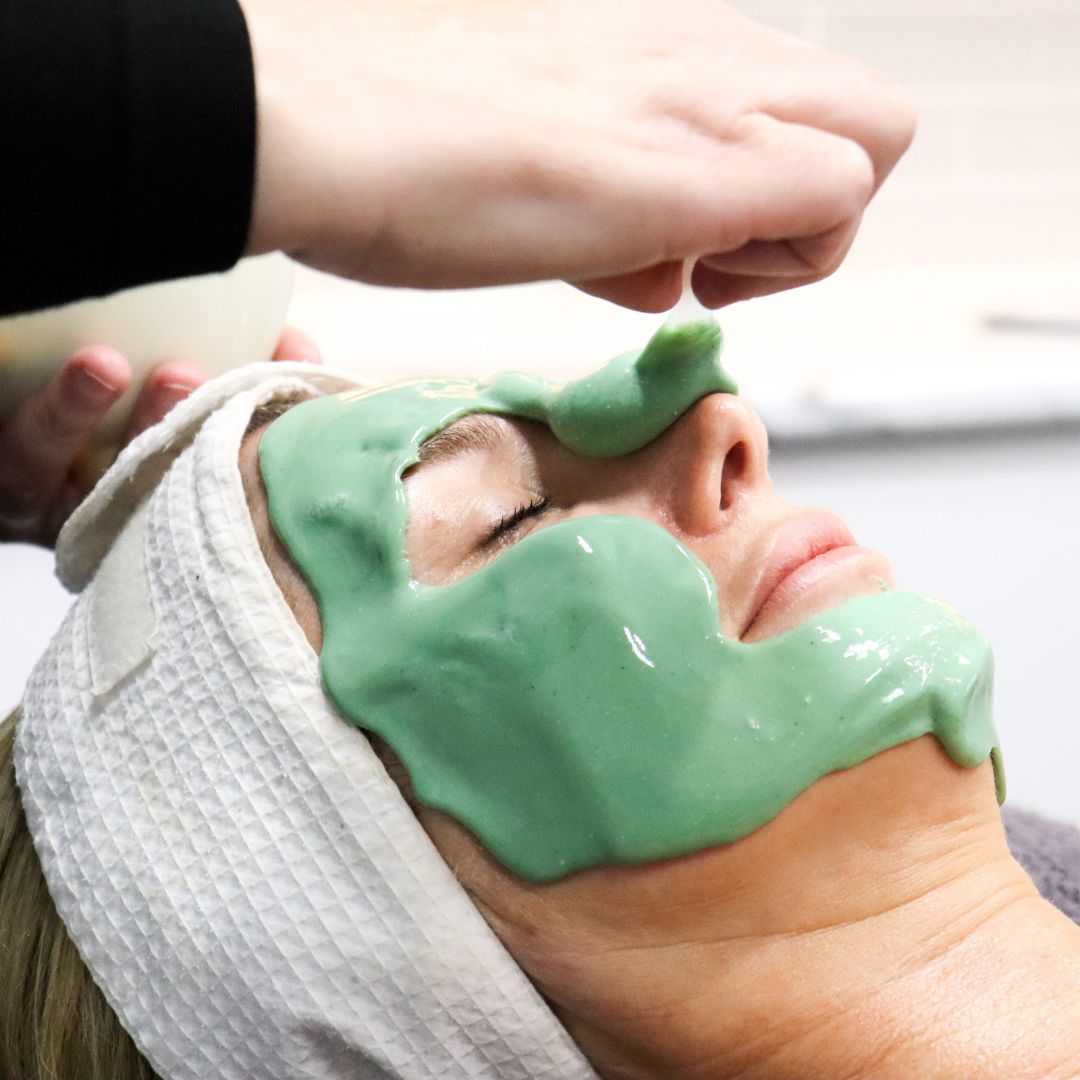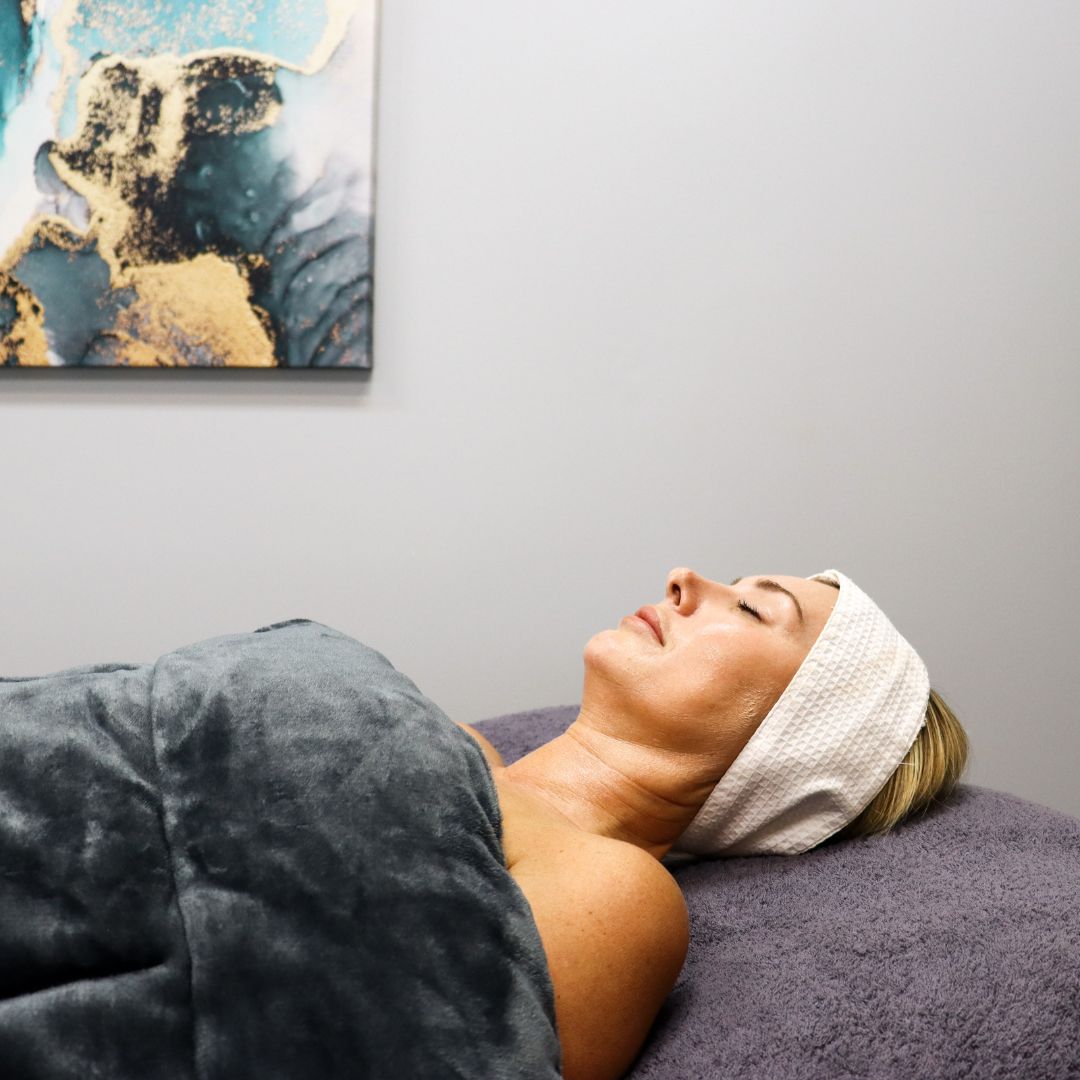Skin Barrier Disruption
Specialising in problematic skin conditions.
The Skin Barrier.
The skin barrier function is a crucial aspect of the skin’s physiology. It serves as a protective barrier between the body’s internal environment and the external world, playing a vital role in maintaining overall health and well-being. Here are some key points about skin barrier function:
Physical Barrier: The outermost layer of the skin, known as the epidermis, consists of several layers of skin cells. The topmost layer, the stratum corneum, is composed of redundant skin cells (corneocytes) embedded in a lipid matrix. This layer acts as a physical barrier that prevents the entry of harmful microorganisms, allergens, and environmental toxins into the body.
Protection: The skin barrier helps protect the body from various external threats, including bacteria, viruses, fungi, and environmental irritants like UV radiation, pollution, and chemicals.
Hydration: The lipid matrix in the stratum corneum also helps to retain moisture within the skin, preventing excessive water loss. This is essential for maintaining skin hydration and preventing dryness.
pH Regulation: The skin’s pH level is slightly acidic, typically around 5.5. This acidic environment helps inhibit the growth of harmful microorganisms while supporting beneficial bacteria that reside on the skin’s surface.
Immune Function: The skin barrier is equipped with immune cells, such as Langerhans cells, which play a role in detecting and responding to potential threats to the body’s health.
Sensory Function: The skin is rich in sensory receptors that allow us to perceive tactile sensations like touch, pressure, temperature, and pain.
Repair and Regeneration: The skin barrier is not static but constantly undergoing renewal and repair. Old skin cells are shed, and new ones are formed to maintain its integrity.
Factors that can compromise the skin barrier function include:
Excessive Cleansing: Frequent and harsh cleansing can strip away the skin’s natural oils, disrupting the lipid barrier and leading to dryness and sensitivity.
Environmental Factors: Exposure to harsh weather conditions, pollutants, and UV radiation can weaken the skin barrier over time.
Skin Conditions: Conditions like eczema, psoriasis, and dermatitis can disrupt the skin barrier, making it more susceptible to irritation and infection.
Maturing: As we mature, the skin’s ability to regenerate and maintain its barrier function naturally declines.






